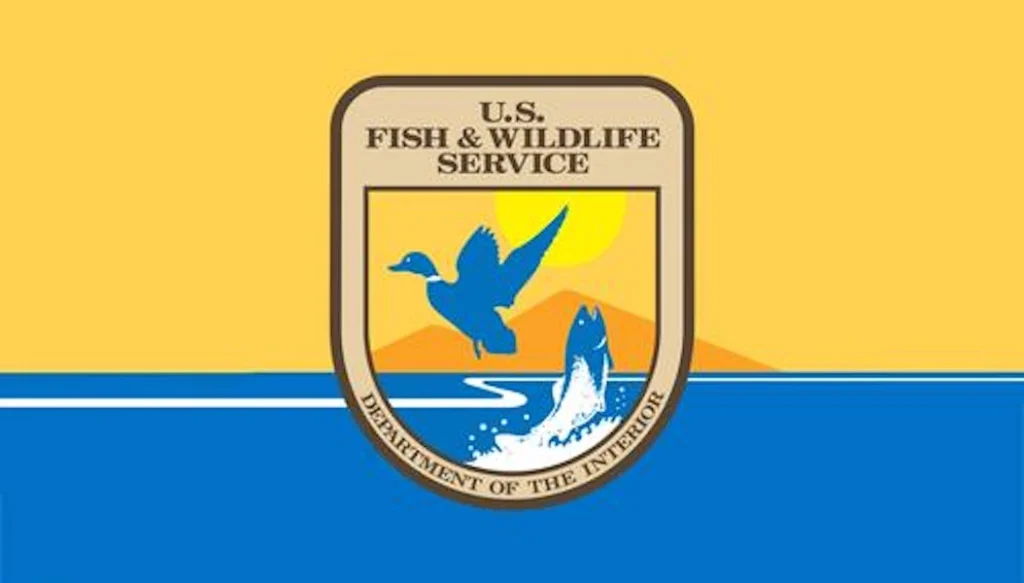In an op-ed this past weekend in the New York Times, hunting enthusiast and outdoors writer Ted Kerasote panned the decision by the U.S. Fish and Wildlife Service (USFWS) to de-list the grizzly bear in the Greater Yellowstone ecosystem and to pave the way for Wyoming to initiate the first trophy hunting season on the animals in the lower 48 states in decades.
It’s just the latest roll-back of federal protections for animals by agencies within this Administration. The USDA rolled back an agency “anti-soring” rule — crafted to end the intentional infliction of pain to the hooves and limbs of Tennessee walking horses — that had been in the works for decades. The USDA also repealed the Organic Livestock and Poultry Protection rule to establish the first-ever federal animal welfare standards for cows, pigs, and chickens on the farm. And the USFWS has initiated the unwinding of a federal rule that forbids killing grizzly bears and wolves in their dens and the shooting of swimming caribou on 20 million acres of National Park Service lands in Alaska.
These actions are all derivatives of a de-regulatory philosophy that has become some sort of orthodoxy within the Republican party.
But here’s the thing: passing regulations to tamp down animal cruelty are not in any way about putting a damper on commerce or profit to businesses. Stopping animal cruelty generally doesn’t hurt the bottom line; in fact, when businesses align their conduct with humane values, they typically become more profitable. The only parties put at a disadvantage are the stubborn perpetrators of cruelty.
It’s a logical failure to cast all regulatory actions as inimical to business. Some regulations are needed to position businesses for success, to honor our nation’s values, and to protect us all. Very few of us, for example, would embrace a rollback of Federal Aviation Administration oversight of airline safety even if we’re sometimes more than a little irritated by flight delays or TSA pat-downs.
By contrast, horse “soring” isn’t some critical component of a thriving industry. It’s a cruel, deceitful way for trainers to cheat. By banning the stacks and chains used to induce a high-stepping, pain-based gait, USDA would invigorate public interest in an industry that has experienced declining attendance at its events because of a public crisis of confidence in its behind-the-scenes routines.
Stopping the reckless slaughter of wolves and bears on wildlife refuges and national preserves doesn’t hurt commerce in Alaska, which depends on billions in revenues from wildlife-associated tourism. The reason so many people flock to Alaska is precisely to see wolves, bears, caribou, and other majestic creatures in their natural habitats. It hurts tourism when the state allows the wanton killing of the animals, making it more difficult for tourists to have a once-in-a-lifetime wildlife watching experience.
Sure, there are plenty of times the government goes too far. Bureaucracy has earned its reputation, and it can slow down private business and bungle government services. But it’s important that we not treat inefficiency or overreach as universal principles associated with government action. Our federal laws against dogfighting and cockfighting, or the protection of species on the precipice of extinction, are examples of good government, and much-needed regulation. Indeed, there are times when government must restrain the impulses of people and businesses that would cause cruelty and subvert the public good.
These are the types of costly government expenditures — such as subsidies to agribusiness or the wildlife management complex — that should use a closer look. But we should evaluate these government actions on their merits and not revert to an anti-deregulatory zeal that sweeps up legal standards that are morally right and economically beneficial.
When the USDA says that horse trainers shouldn’t torture horses by intentionally injuring their feet — that’s a regulation built on a federal law (the Horse Protection Act) duly enacted by Congress. When the USDA says that the term “organic” should mean that animals are not confined in small cages or mutilated as a routine husbandry practice, that’s a common-sense regulation, that protects consumers, and is also grounded on the law — benefiting family farmers who invest in animal care and husbandry.
We live in a society that observes standards of regulated capitalism. A purely free market is an illusion in a representative democracy. It’s an American value for business to operate with tremendous freedom and latitude, but businesses must also be subject to reasonable guidelines, which are a blend of self-restraint and the application of law. The minimum wage, occupational safety, science-based standards for clean air and water — they are the results of this interplay. These rules are accepted values in our society, and while we may debate the details, few sane people would argue that we should not have standards at all.
In the workings of government, and through the pressure applied to government, we seek to find that sweet spot where private industry flourishes and where private citizens and their interests are safeguarded. That’s the essence of a regulated capitalism and the preservation of a civil society.
